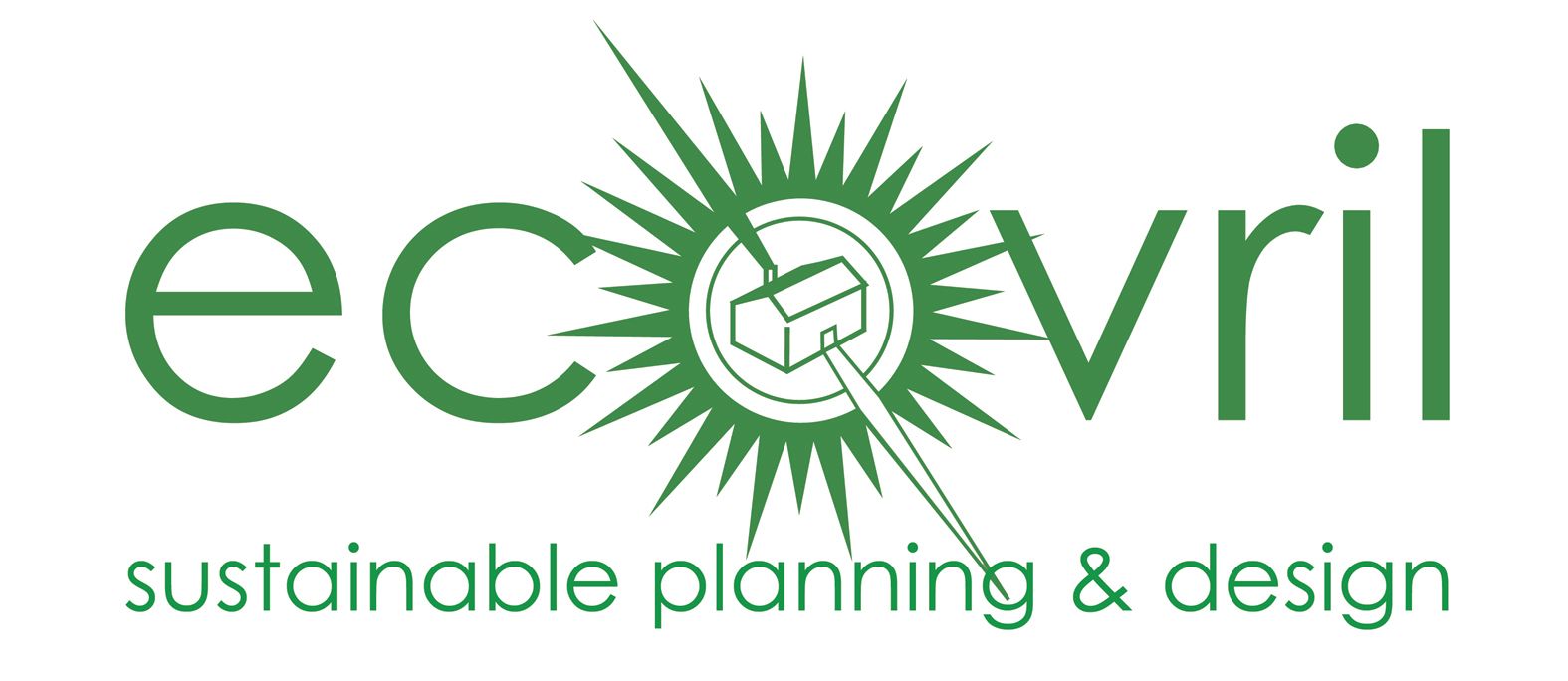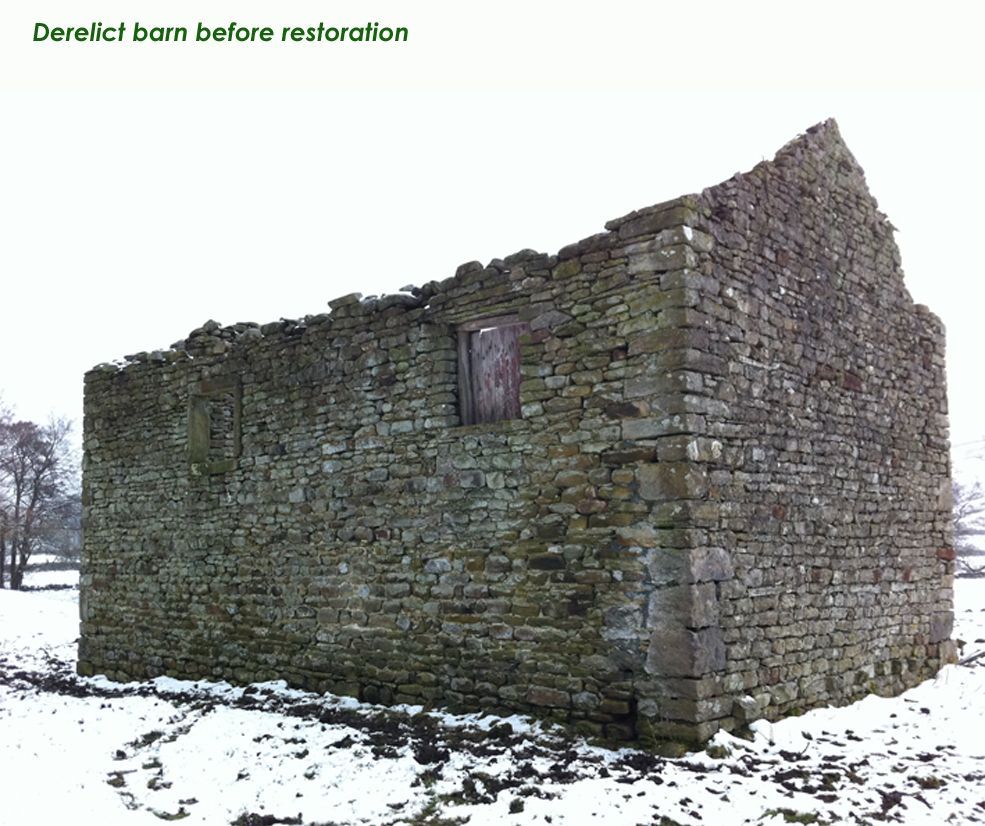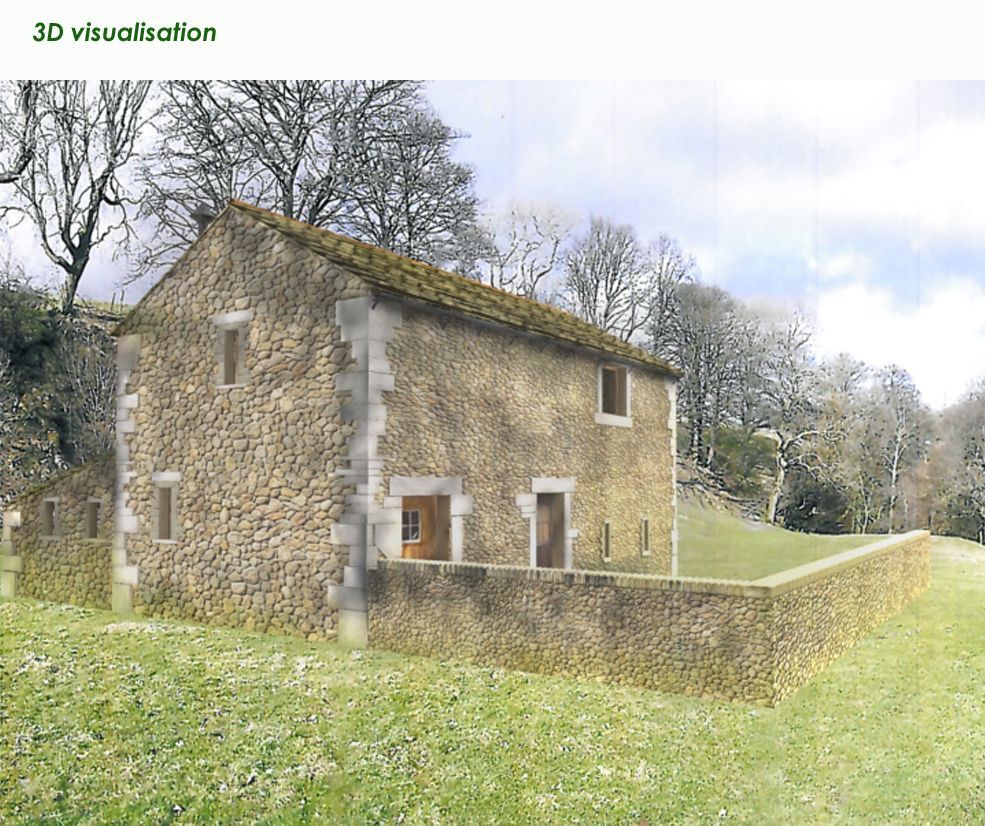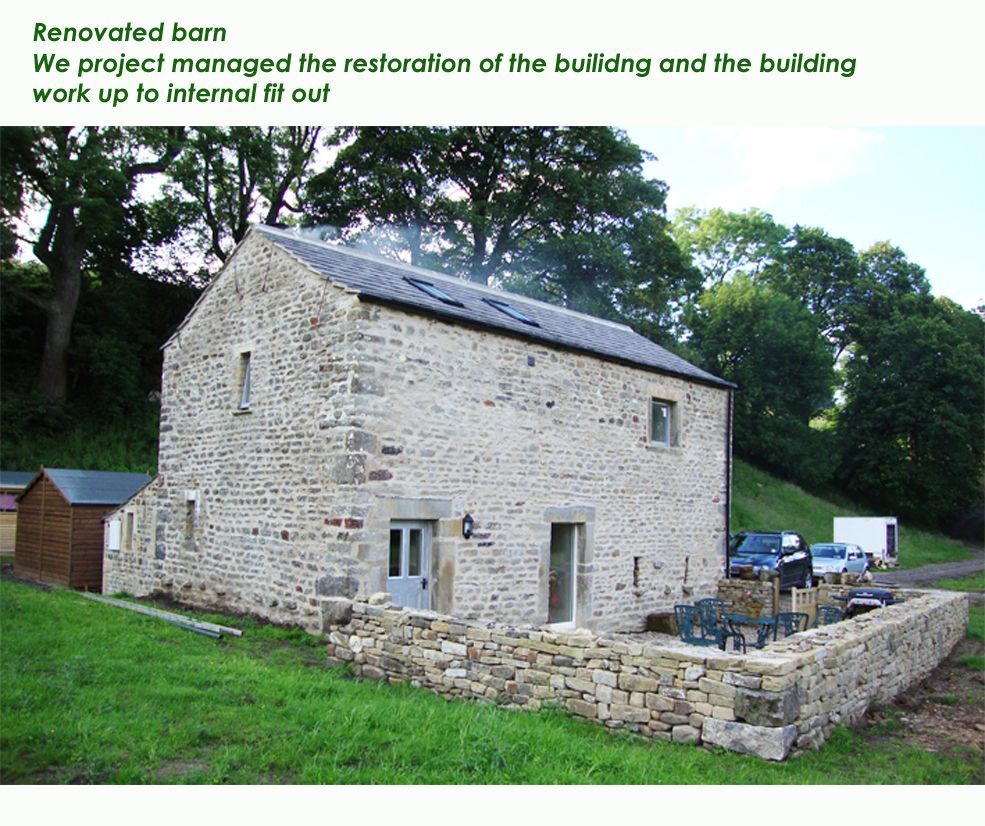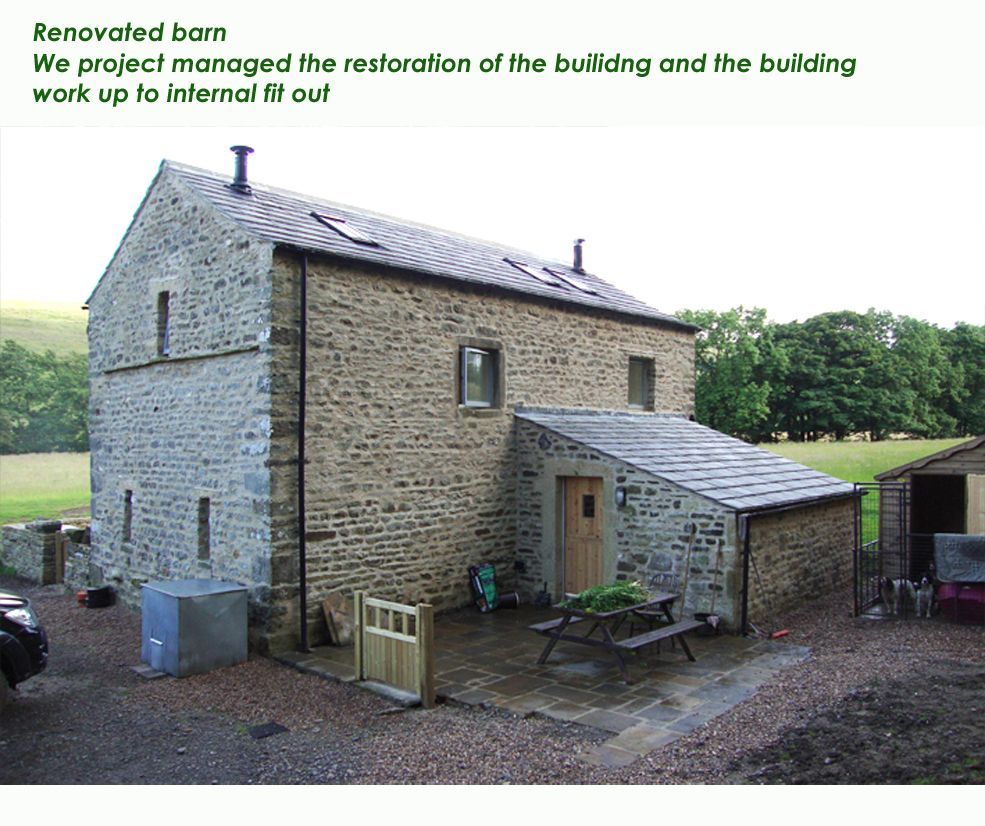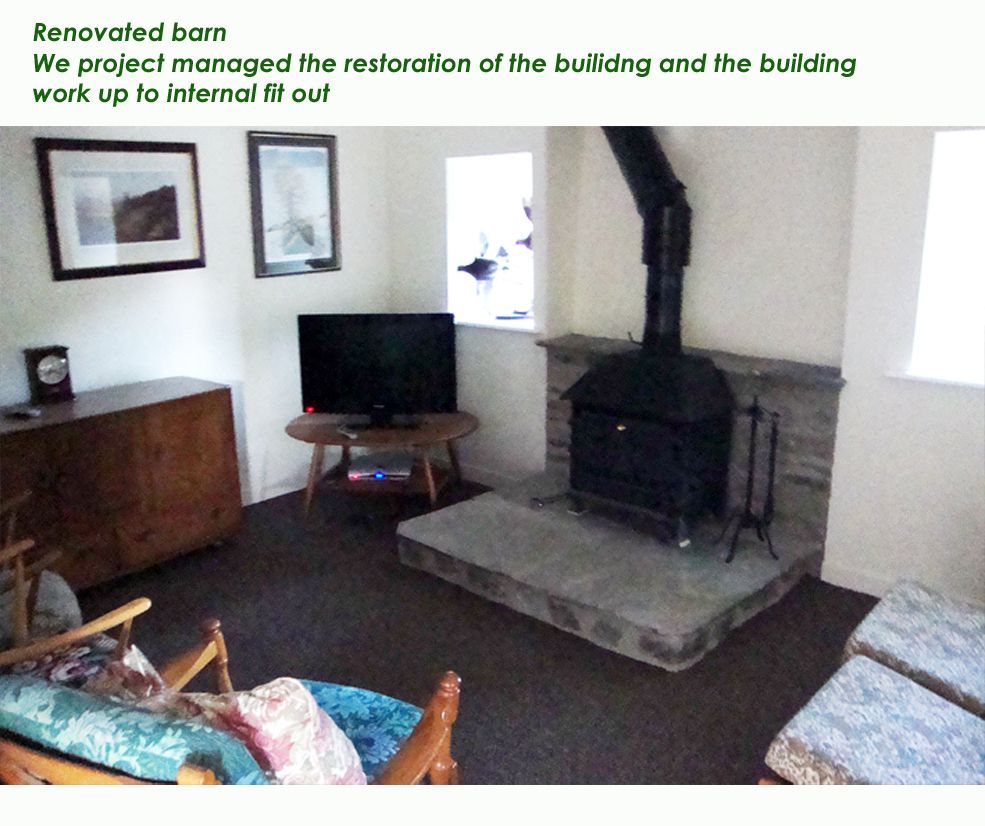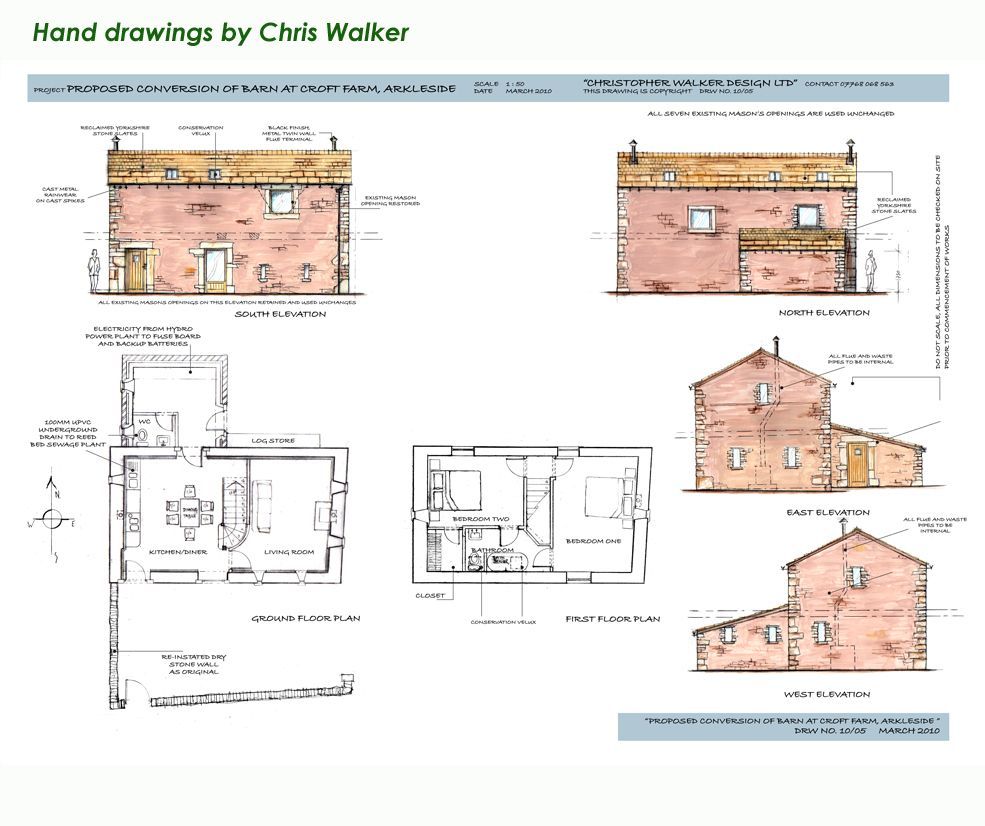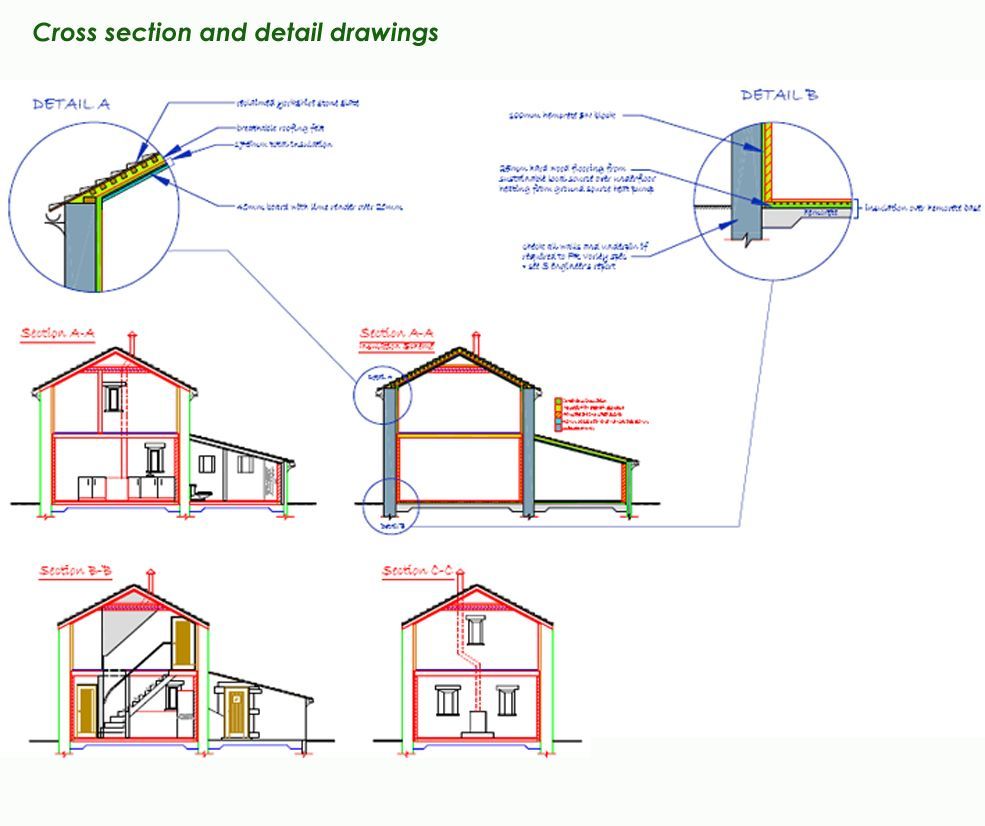Design for an off-grid barn
As part of a planning team, we were asked by the owners of a derelict barn to look at a planning proposal for the restoration of a remote field barn in the Yorshire Dales National Park.
Commissioned by the owners, Martyn and Pip Vallance, and spear headed by Maria Ferguson from George F. White, without who's skill and determination, the project would never have made it through the planning process, the barn represented the only opportunity to provide a dwelling for the moor's gamekeeper within the valley and close to the moor. Due to its exposed location and the constraints of National Park planning policy, it was extremely unlikely that planning approval would be granted unless we could craft a proposal to do justice to the exceptional circumstances involved.The combination of skills at our disposal enabled us to present a persuasive enough case to obtain planning approval.
Our proposal included a sympathetic design for the restoration which would rescue the barn and ensure that it maintains its role as an intrinsic part of the unique and fragile landscape.The inclusion of traditional and sustainable construction methods and materials enabled us to provide a workable home for a key local worker which is in perfect harmony with its sensitive environment. We achieved this within the the aims and statutory objectives of the National Park.
Our ability to sensitively marry traditional methods with modern technology to provide the designs of an off-grid home proved to be a winning factor in gaining planning permission for the conversion.
We are very proud to have had the opportunity to be a key participant in this exciting project which will prove that it is possible to provide an answer to the huge problem of the re use of redundant field barns. It also addresses the more general question of the need to provide affordable homes for crucial rural workers.
Sadly, the off-grid technology proved to be beyond the means of this particular key worker at this stage. Grid connection was opted for as it was the only option under the available budget. However, as the price of renewable technology decreases and the cost of electricity supply increases, we sincerely hope that this decision will be revisited; and the permissions obtained and design work sucessfully produced by Ecovril will offer a pioneering opportunity to demonstrate that new technology can help us save Britain’s rural built heritage from continuing decay by harnessing renewable energy and taking advantage of the UK’s urgent need for energy security.
We are pleased to say that with our help, this barn has now been fully restored and is a comfortable home for the game keeper, whilst enhancing the landscape and causing no harm.
